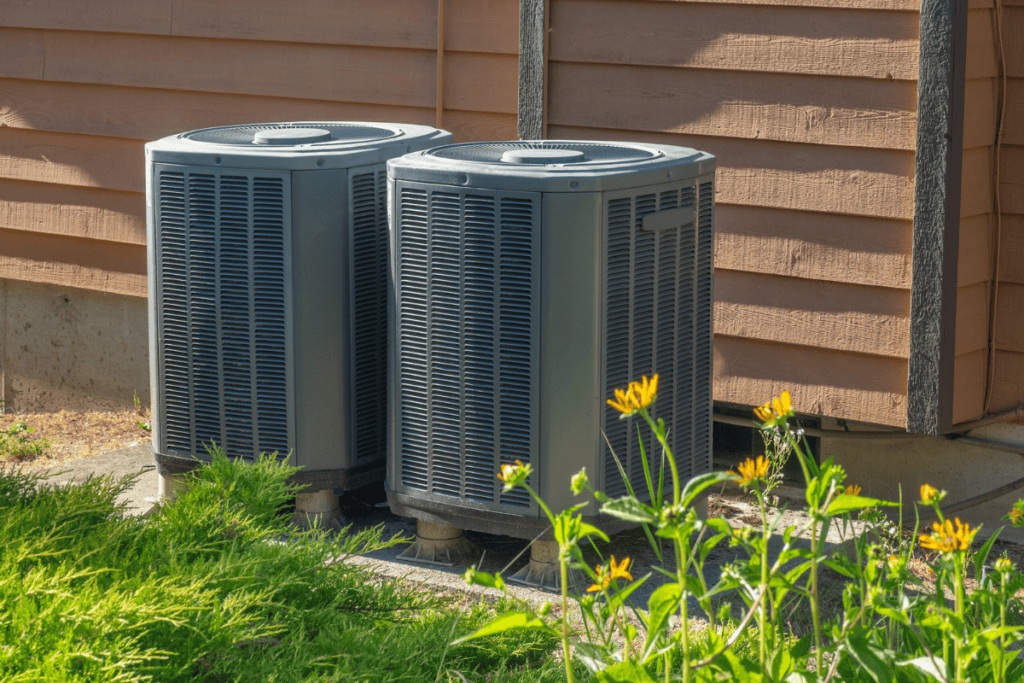As your air conditioner works tirelessly to keep your home cool and comfortable, it’s not just removing heat from the air – it’s also managing moisture. A key byproduct of the cooling process is condensation, which forms when warm, humid air passes over the cold evaporator coil in your AC unit. This condensation is a normal and essential part of your air conditioner’s operation, but have you ever wondered just how much water your AC produces?
Understanding the normal levels of condensation from your HVAC system is crucial for maintaining its efficiency, longevity, and your indoor air quality. When your air conditioner is functioning properly, it effectively collects and drains away the condensate, preventing damage to the unit, such as rust, corrosion, and electrical issues.
By familiarizing yourself with the role of condensation in your AC’s operation and learning how to manage it effectively, you can optimize your system’s performance, reduce energy consumption, and prevent the growth of mold and mildew, which thrive in damp environments.
In this article, we’ll learn about AC condensation, explore how much water your air conditioner typically produces, and provide expert tips on how to keep your HVAC system running smoothly while maintaining a healthy, comfortable home.
Contents
Normal Levels of Condensation In Air Conditioner
When it comes to the normal amount of condensation produced by your air conditioner, it’s important to understand that it can vary significantly depending on several factors. On average, a residential AC unit can generate between 5 to 20 gallons of water per day. However, this amount can fluctuate based on the size of your HVAC system, how long it operates, and the humidity levels in your environment.
In regions with high humidity, air conditioners tend to produce more condensation as they work harder to remove moisture from the air. Conversely, in dry climates, you can expect less condensate water draining from your AC unit. It’s essential to keep an eye on the amount of water your air conditioner is producing, as excess condensation can indicate a problem with your unit or your home’s humidity levels.
Factors Influencing the Water Drainage from Your Air Conditioner
1. Ambient Temperature and Humidity
The amount of condensation your air conditioner produces is directly related to the humidity level in your environment. When the air is more humid, your AC system has to work harder to remove the excess moisture, resulting in increased condensation. The Environmental Protection Agency (EPA) recommends maintaining indoor humidity levels below 60% to prevent mold growth and maintain good indoor air quality.
2. AC Usage and Settings
Your thermostat settings can also impact the amount of condensation your air conditioner generates. When you set your thermostat to a lower temperature, your AC unit runs longer to cool the air, leading to more moisture being removed and, consequently, more condensation. Finding the right balance between comfort and efficiency can help manage the amount of water your AC produces.
3. AC Unit Size and Efficiency
The size and efficiency of your HVAC system also play a role in condensation levels. Larger, more efficient units can cool your home more quickly, which may result in higher initial condensation levels. However, modern, high-efficiency air conditioners are designed to manage condensate water more effectively, minimizing the risk of drainage issues or water damage.
4. Maintenance and Cleanliness
Regular maintenance helps in air conditioner operating efficiently and managing condensation properly. A well-maintained AC system, with clean air filters, clear drain lines, and properly functioning evaporator coils, will be better equipped to handle the moisture it removes from the air.
Neglecting routine maintenance can lead to clogs in the condensate drain line, restricted airflow, and excessive condensation, which can cause water damage and promote mold growth.
Measuring Condensation
To accurately measure the amount of condensation your air conditioner produces, you can use various tools and techniques. A hygrometer, which measures humidity levels, can help you monitor the moisture in the air inside your home. You can also use a condensate pump with a built-in meter to get precise readings of the water your AC unit is draining.
Alternatively, you can place a container at the condensate drain line and measure the amount of water collected over a 24-hour period to make sure your system is operating under normal conditions during this time.
Managing Excess Drain Water
If you notice an excessive amount of water draining from your air conditioner, it could be due to several common problems:
1. Clogged Drain Lines
A blockage in the condensate drain line can prevent water from draining properly, leading to a buildup of condensate water and potential leaks. Regularly inspecting and cleaning the drain lines can help them remain clear and functional. Using a wet/dry vacuum can be an effective way to remove any clogs.
2. Dirty Filters
When air filters become clogged or dirty, they restrict airflow, which can cause the evaporator coil to freeze. When the coil thaws, it can produce excess condensation. To prevent this issue, check and replace or clean your filters regularly, typically every 1 to 3 months, depending on usage and environmental factors.
3. Low Refrigerant Levels
If your AC system is low on refrigerant, it can also cause the evaporator coil to freeze, leading to excess condensation when it thaws. It’s important to have a professional HVAC technician check your refrigerant levels periodically and recharge the system if necessary. Keep in mind that a leak inspection must be conducted every 12 months to comply with regulations.
4. Routine Maintenance
Scheduling regular tune-ups with a professional HVAC technician can help in keeping all components of your system functional. This can help prevent issues that lead to excessive condensation and keep your AC unit in optimal condition.
Consequences of Excessive Condensation
Failing to address excess condensation can lead to several negative consequences:
1. Damage to the AC Unit
Excessive moisture can cause water damage to various components of your air conditioner, particularly electrical parts like circuit boards and wiring. This can lead to short circuits and system failures. Additionally, persistent water buildup can cause rust and corrosion in metal parts, reducing the lifespan of your HVAC unit and resulting in costly repairs or replacements.
2. Impact on Indoor Air Quality
When excess condensation isn’t properly drained, it can increase humidity levels inside your home, creating an uncomfortable living environment and contributing to respiratory issues. Standing water from condensation can also become a breeding ground for bacteria and other microorganisms, which can then be circulated through the air by your AC system, negatively impacting indoor air quality.
3. Risks of Mold and Mildew Growth
High levels of moisture from excess condensation can promote the growth of mold and mildew on and around your air conditioning unit, especially in areas with poor ventilation. Mold spores can spread throughout your home, posing health risks to inhabitants, particularly those with allergies or asthma.
Mildew, a type of fungus that thrives in damp environments, can develop in the ductwork or on surfaces near the AC unit, causing unpleasant odors and damaging household materials.
Call HVAC Angel For Your AC Needs
When it comes to ensuring your air conditioning system is functioning at its best, trust the experts at HVAC Angel. Our team of highly skilled and experienced technicians is equipped with the latest tools and knowledge to diagnose and resolve any AC issue you may encounter. Whether you’re dealing with excessive condensation, a clogged condensate drain line, or a refrigerant leak, we have the expertise to get your system back on track.
At HVAC Angel, we pride ourselves on delivering top-notch service and exceptional results. We use state-of-the-art equipment to accurately diagnose problems and implement effective solutions, so that your AC system operates at peak efficiency.
When you choose HVAC Angel, you can rest assured that your air conditioner is in capable hands. From regular maintenance and tune-ups to emergency repairs and system replacements, we’ve got you covered.
Don’t let AC problems disrupt your comfort or compromise your indoor air quality. Trust HVAC Angel to provide the expert care your system deserves. Contact us today to schedule your service appointment and experience the difference our dedication and expertise can make in your home.
Frequently Asked Questions
1. Is it normal for AC to have a lot of condensation?
Some condensation is normal as your AC removes moisture from the air. However, excessive condensation can indicate issues like clogged drain lines, dirty air filters, or low refrigerant levels.
2. How much water is normal to leak from an AC?
A properly functioning AC system should not leak water inside your home. If you notice water leaking from your AC unit, it could be due to a clogged condensate drain line, a damaged drain pan, or an overflow caused by excess condensation.
3. Should I turn off my AC if it’s leaking water?
Yes, if you notice your AC leaking water, turn it off immediately to prevent further water damage. Contact a professional HVAC technician to diagnose and fix the problem.
4. How long will AC last with a leak?
The lifespan of an AC system with a refrigerant leak depends on the severity of the leak and how quickly it’s addressed. Continuing to run an AC with a leak can lead to compressor damage and system failure, so it’s crucial to have the leak repaired promptly by a qualified technician.

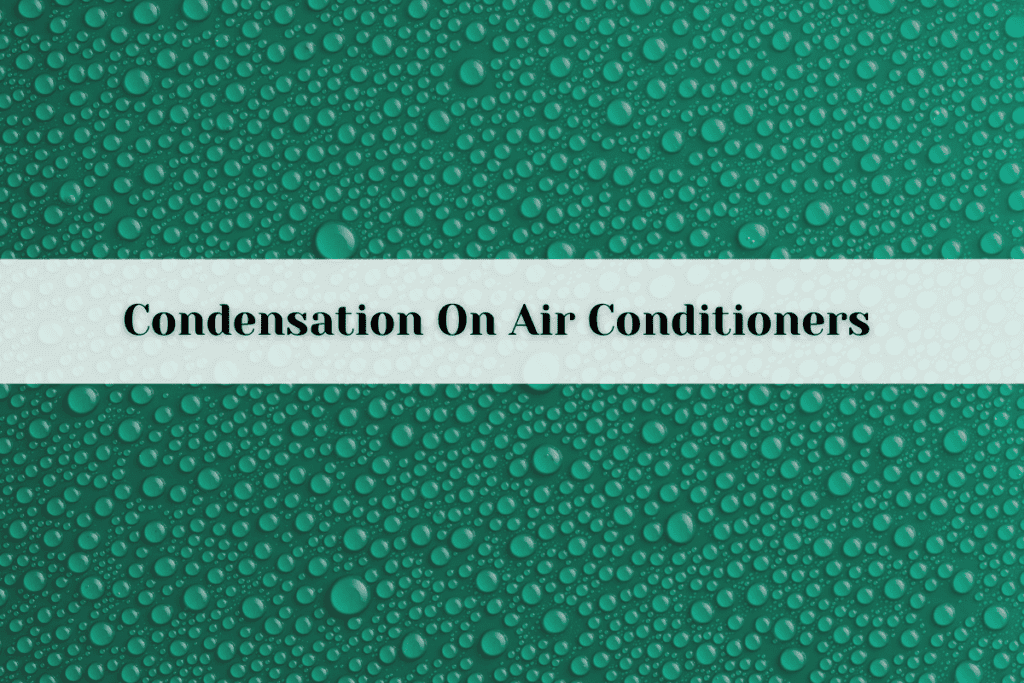
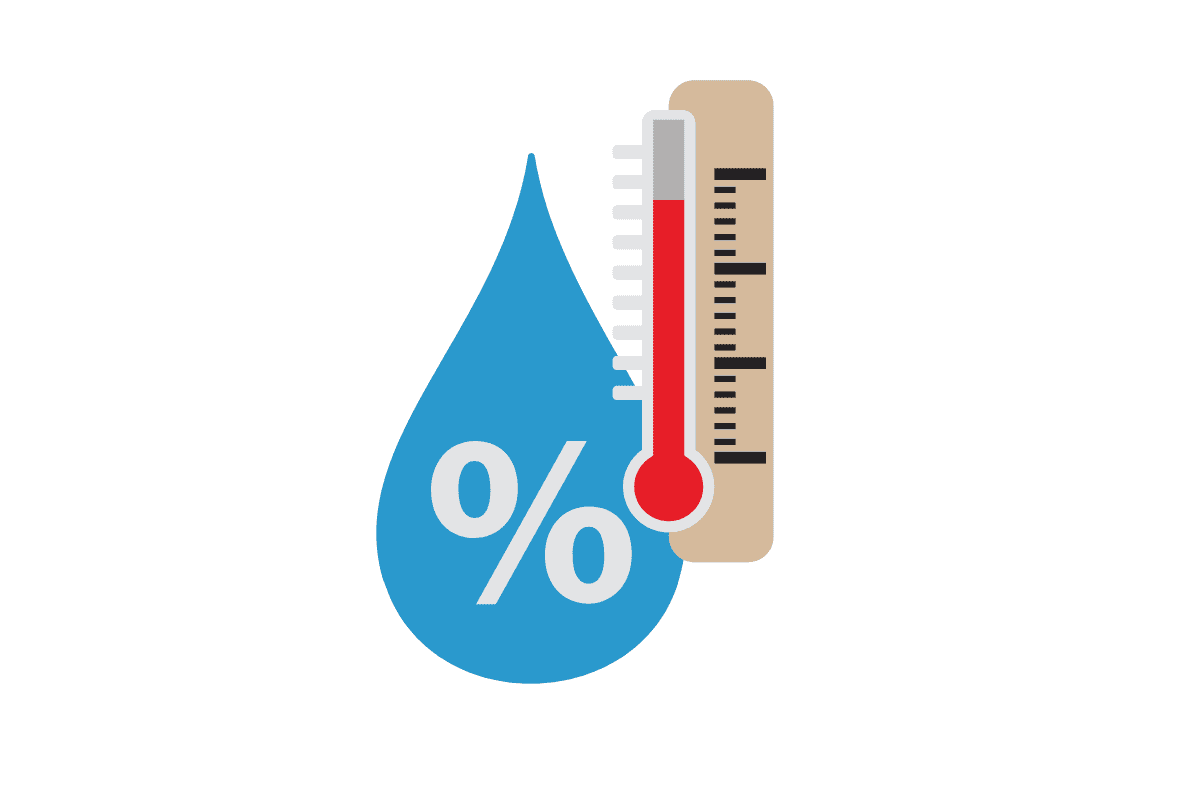
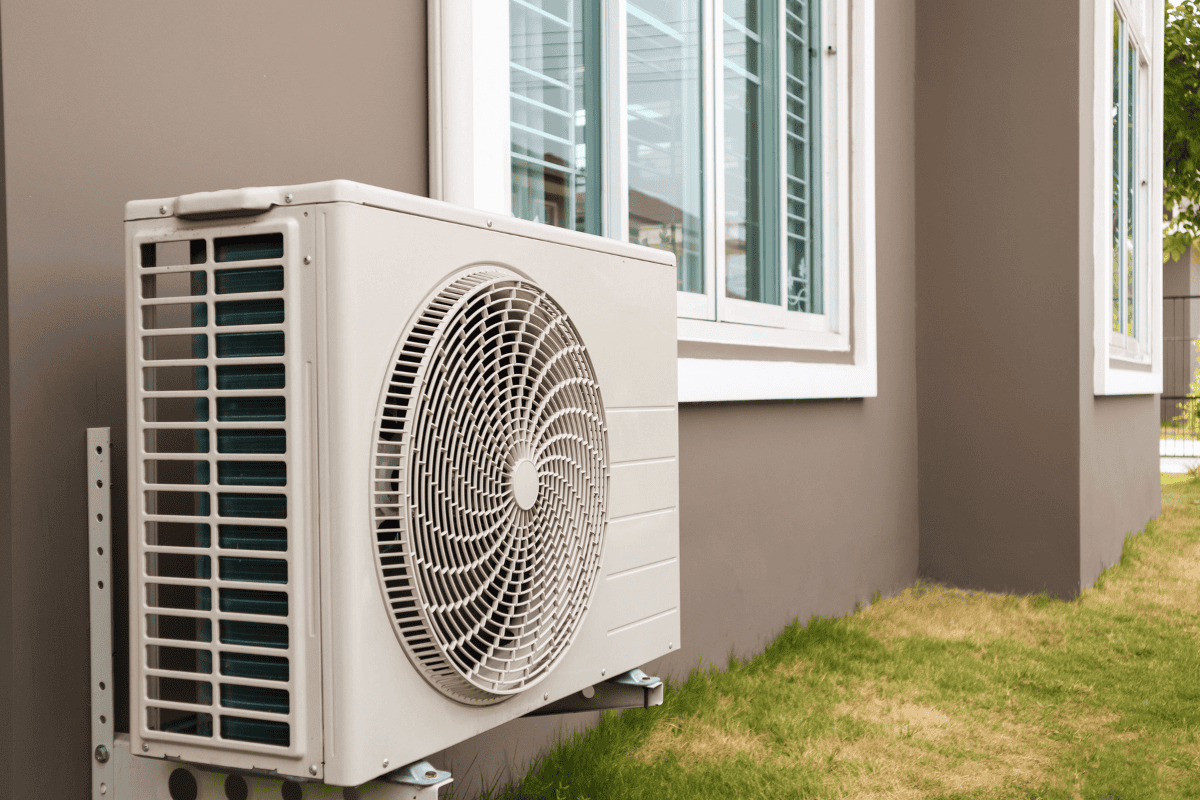
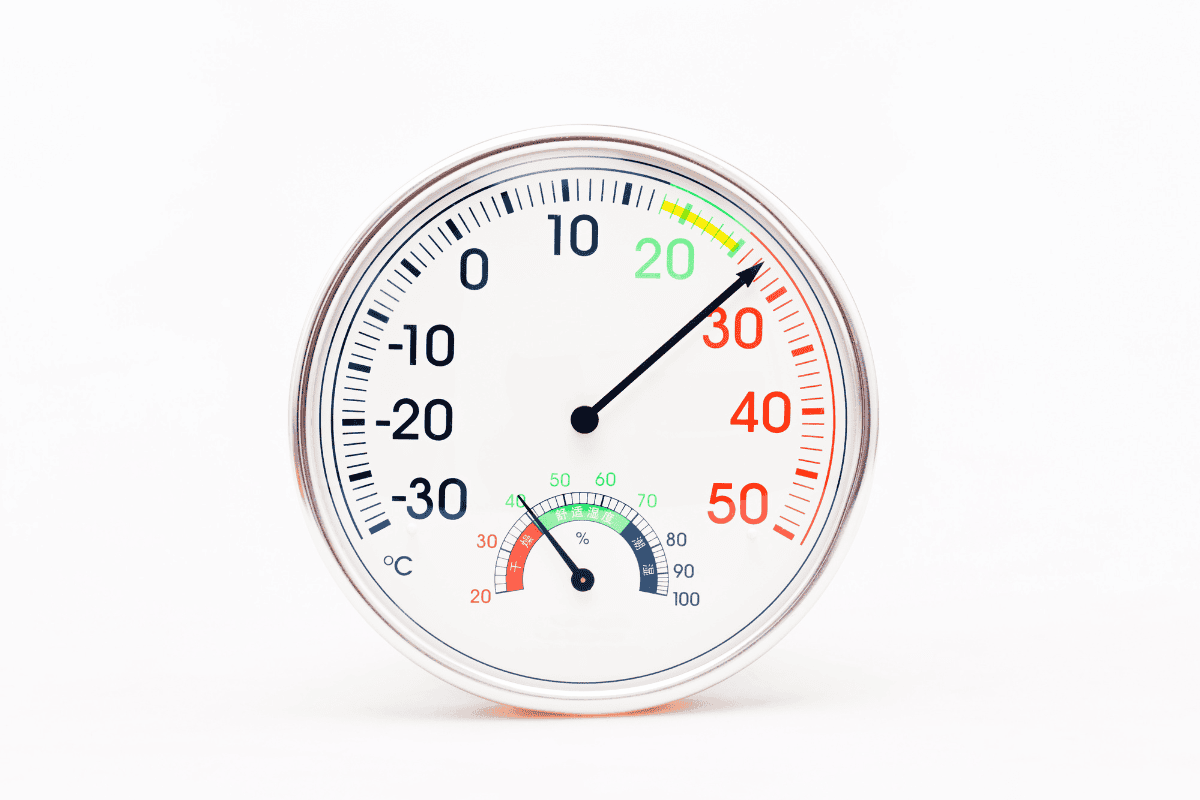
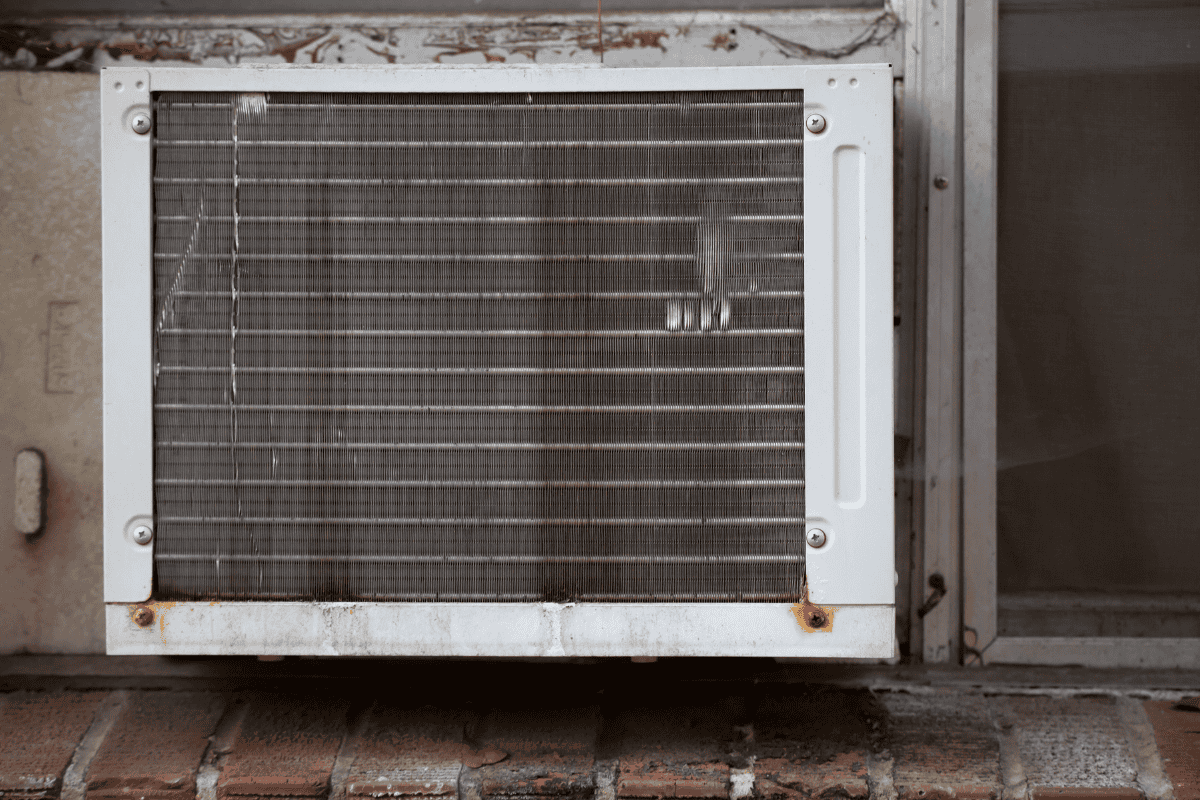
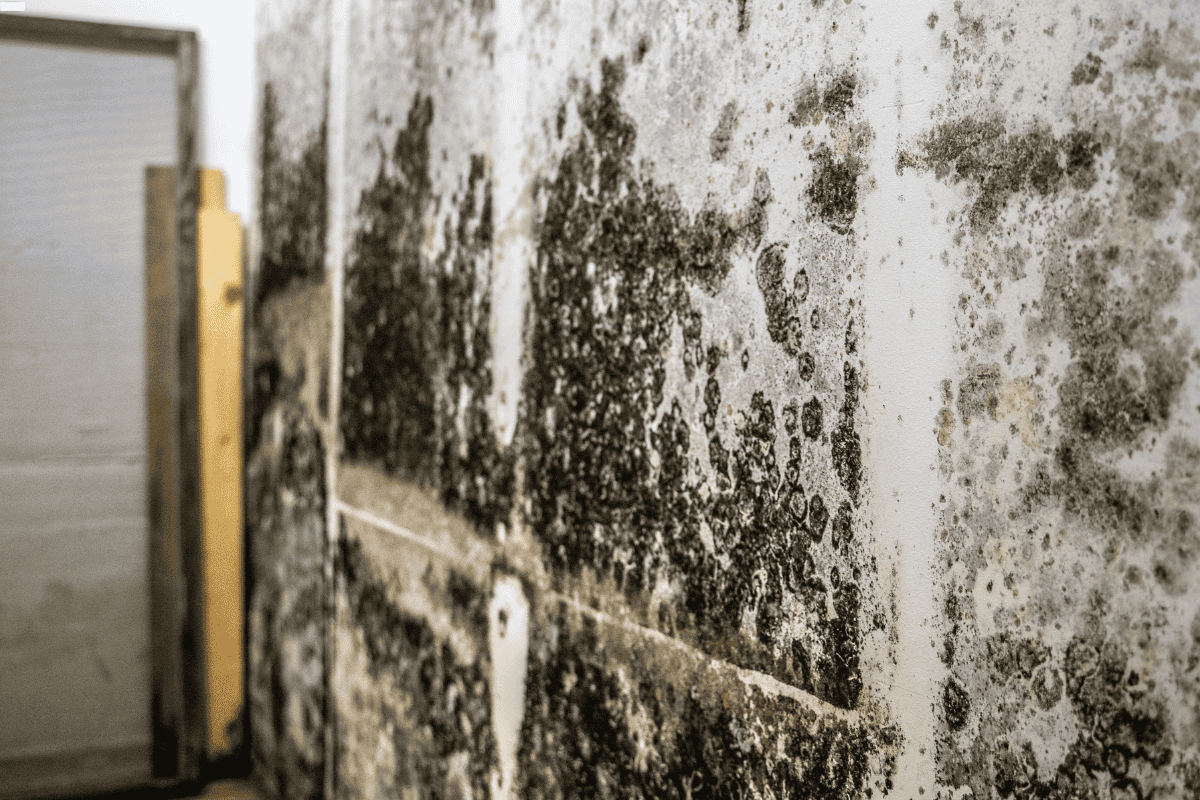
![9 Reasons That Causes an AC Unit to Freeze Up: [Troubleshooting Guide]](https://hvacangel.com/wp-content/uploads/2024/05/what-causes-a-ac-unit-to-freeze-up-1024x683.png)
